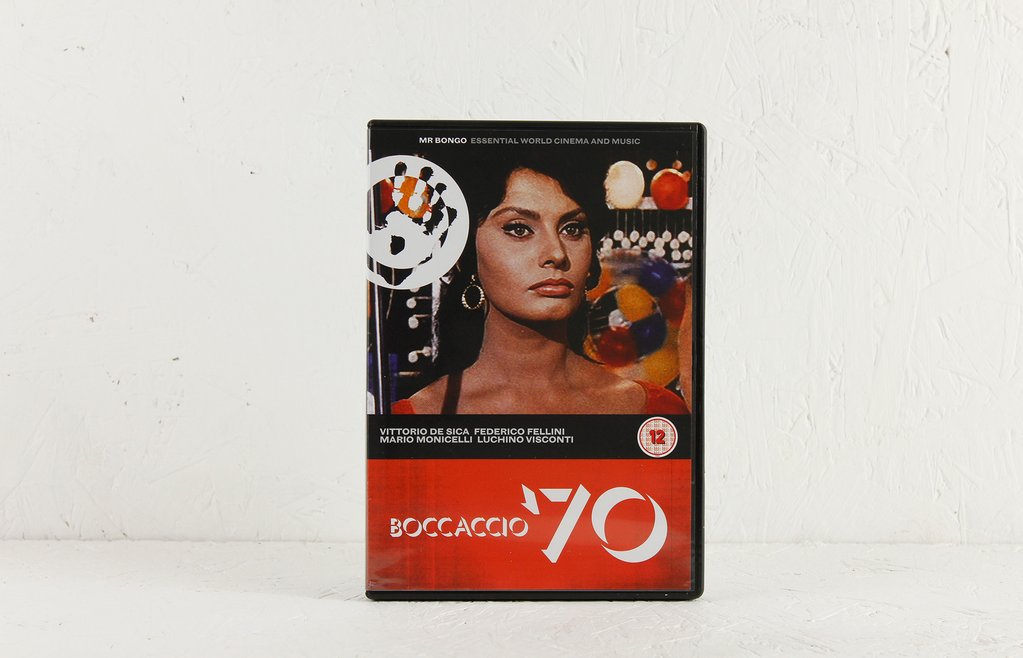
Although associated with the 1950s period of commedia all’italiana, Mario Monicelli’s career hearkened back to Italy’s silent era; being in fact a predecessor to Italian neorealism rather than succeeding it. Born inTuscany in 1915, Monicelli gravitated to cinema early in his life, entering the film business in the early-30s. His first films were co-directed with Alberto Mondadori, most notably a silent film adaptation of Ferenc Molnar’s The Paul Street Boys which won an award at the Venice Film Festival. Monicelli alternated as an assistant director and writer for other film-makers along with his own projects. His first solo feature was Summer Rain, made in 1937. He first achieved renown for a series of films starring Italy’s famous comicTotò. Initially co-directed with Stefano ‘Steno’ Vanzina, Monicelli went solo with Totò e Carolina.
His first major film also marked his first collaboration with the screenwriting duo, Age & Scarpelli. I soliti ignoti (1958), better known internationally as Big Deal on Madonna Street, was a comic masterpiece, a success in Italy and around the world. Taking influence from the British Ealing Comedies, the film spoofed popular heist films such as The Asphalt Jungle and Rififi. The film is also notable for its cast, which features Vittorio Gassman, Claudia Cardinale and Marcello Mastroianni. His next great success was The Great War which starred Alberto Sordi and Vittorio Gassman. Monicelli combined a satirical approach to war (evoking The Good Soldier Svejk) with detailed historical recreation of trench warfare. The film received the Golden Lion at the Venice Film Festival and an Oscar nomination for Best Foreign Film.
Monicelli subsequently alternated personal works with commercial fare. The Organizer, starring Marcello Mastroianni as a labour organizer in early 20th Century Turin, is regarded by some to be among the best Italian films of the 60s. His underrated contribution to Carlo Ponti’s omnibus Boccaccio ’70, Renzo and Luciana, is a poignant glimpse of the absurdity of factory life during Italy’s economic miracle. Casanova ’70was a return to Italian comedy, this time parodying male sexual anxiety in mid-60s Europe. Among the most commercially successful efforts undertaken by Monicelli in this period was the Brancaleone series. Featuring regular collaborators, writers Age & Scarpelli, actor Vitttorio Gassmann and cinematographerCarlo Di Palma (who would work for Michelangelo Antonioni and Woody Allen); these films were absurd chronicles of the European Middle-Ages.
Monicelli’s films remained popular with the Italian audience. Amici Miei (1975) had the honour of finishing ahead of Jaws at the Italian box office. His later works also included literary adaptations of works by Natalia Ginzburg (Caro Michele) and Luigi Pirandello (The Two Lives of Mattia Pascal, starring Marcello Mastroianni). Monicelli continued making films well into the 90s, his later works often displaying greater refinement and maturity. A lifelong leftist, Monicelli was strongly critical of modern Italy and often participated in anti-right wing protests. His final film, The Roses of the Desert, made in 2006, criticized the present-dayMiddle Eastern crisis by probing Italy’s military presence in Libya in the 1940s.
Suffering from prostate cancer, Monicelli was admitted to the San Giovanni hospital in Rome in late 2010. At the age of 95, he committed suicide by jumping from his hospital window on 29 November, 2010.
There are no products in this collection.